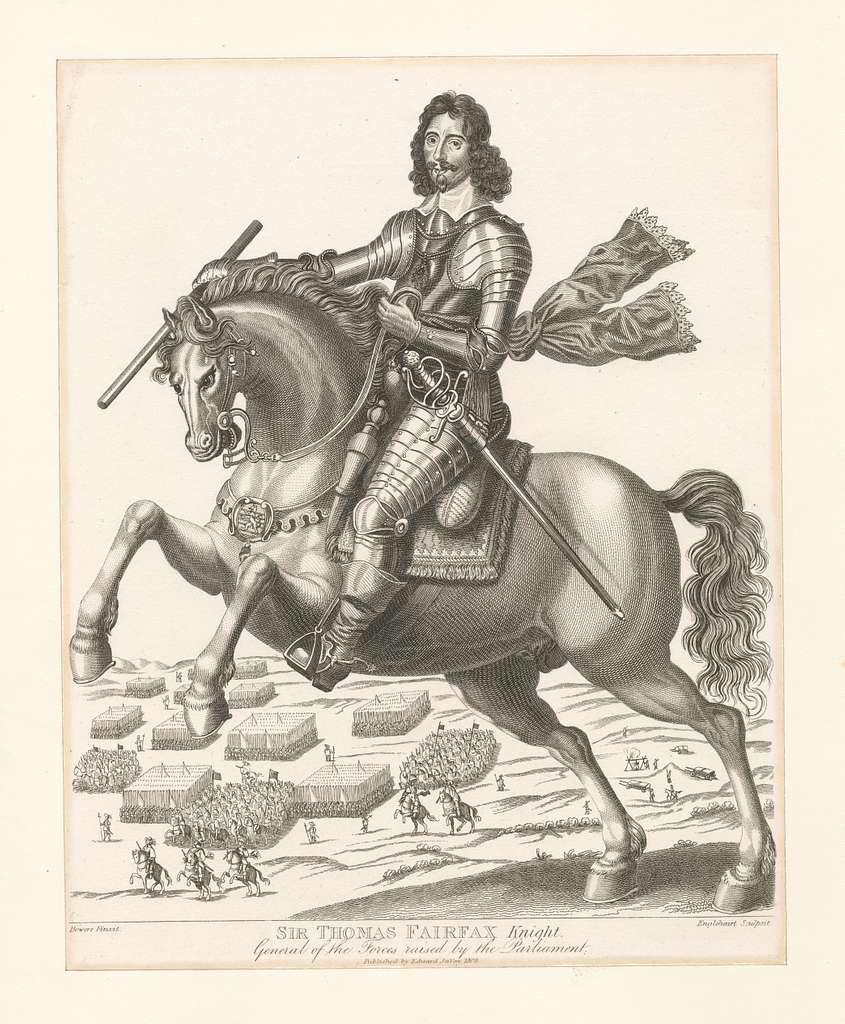Why look at the poems of a general?

"We have ... no discovery of a neglected genius, and there will be no call for the Complete Works of Thomas Fairfax", wrote Edward Bliss Reed in the introduction to his edition of Fairfax's poetry, managing to undermine the value of Fairfax's enterprise even as he presented it to readers. Writing in 1909, Reed no doubt had in mind a comparison with the recent discovery of Thomas Traherne's poetry and prose, published for the first time in The Poetical Works of Thomas Traherne (1903) and Centuries of Meditations (1908).
Tom Cain sought to counter similar objections to the poetry of Mildmay Fane when he compared his discovery of Fane's manuscript poems to that of the Traherne manuscripts, not because Fane's output is aesthetically exceptional, but because "[Fane's] manuscript poetry ... presents a largely 'new' writer who was forced to confront one of the most climactic and influential sequences of events in early modern European history": the English Civil Wars, execution of Charles I, and the Commonwealth. Fane was a Royalist who went into retreat on his Northamptonshire estate during the Interregnum; Fairfax was a Parliamentarian who went into retreat on his Yorkshire estates during the same period. The "recovery" scholarship that informs Cain's edition clearly sets a precedent for my transcription project.
My Fairfax transcription project, talks, and literary criticism also challenge the bias that often leads to the prioritisation in assessing a person's views of pamphlet and epistolary evidence over creative outputs. As Fiona McCall notes, for many in the mid-seventeenth century "the emotional response to the life-shattering events of the 1640s had to find oblique expression via other outlets: as generalised sermons or meditations, or in poetry or satire, usually circulated in manuscript" (Baal's Priests: The Loyalist Clergy and the English Revolution, Ashgate, 2013). These are outlets Fairfax used in the 1650s as he adjusted to his newly retired status and watched as Oliver Cromwell rose to power.
- Publications
- 'Dating the Poetry of Thomas Fairfax in Add. Ms 11744 (British Library)' (Notes & Queries, 2023)
- Recorded Talks
- Blogs
- Why look at the poems of a general?
- Lockdown Poetry: Fairfax in the Interregnum
- Psalm 42: Contemplating Death
- More to follow!
- The Manuscripts
- Add. MS 4929 (British Library)
- Add. MS 11743 (British Library)
- Add. MS 11744
- Add. MS 25447 (British Library)
- MS 95041 (Clark Library, UCLA)
- MS Fairfax 38 (The Bodleian Libraries, University of Oxford)
- MS Fairfax 40 (The Bodleian Libraries, University of Oxford)
- MS Lt 105 (Brotherton Collection, University of Leeds)>
- The Editions


